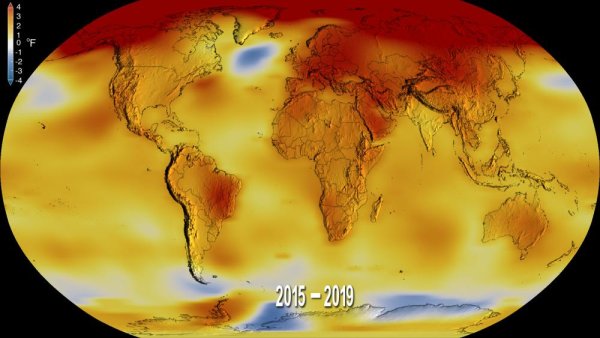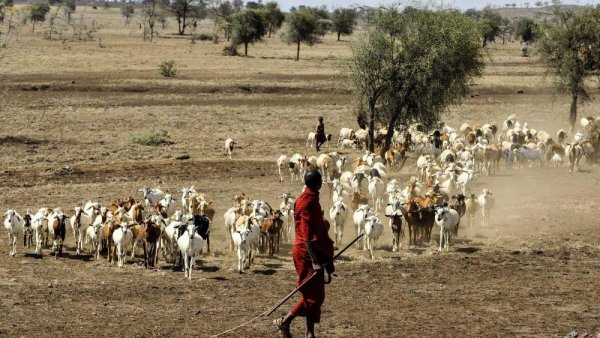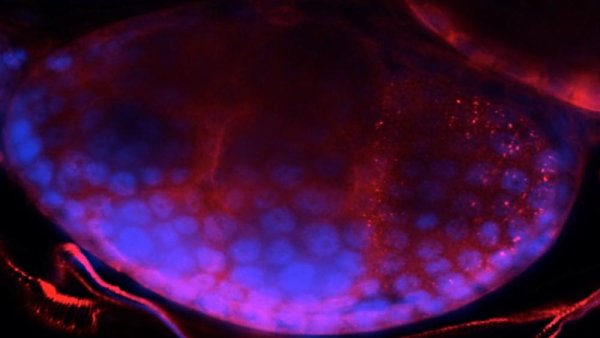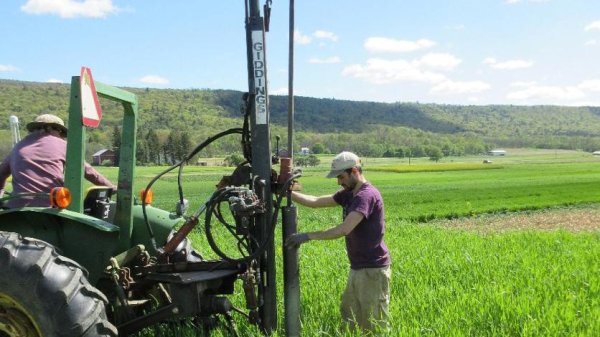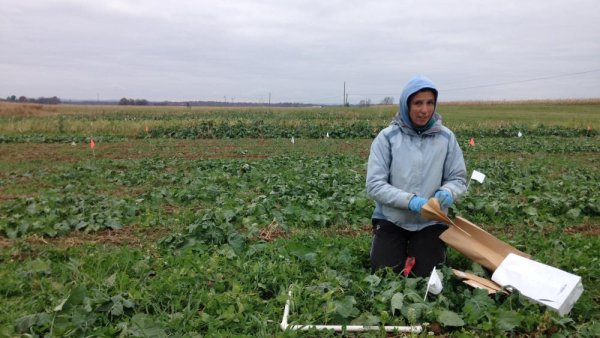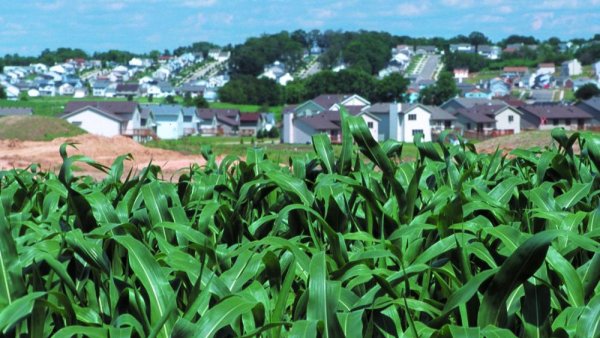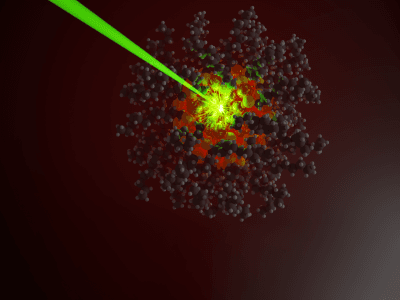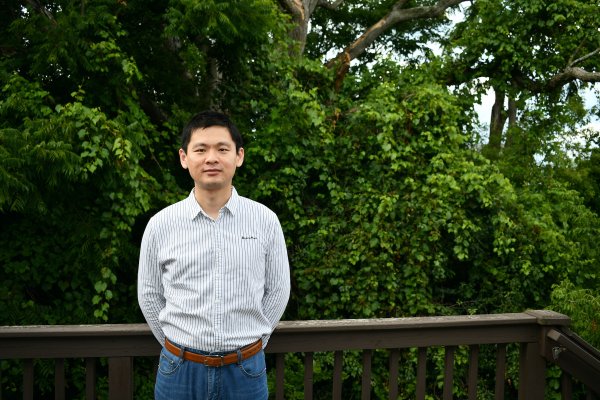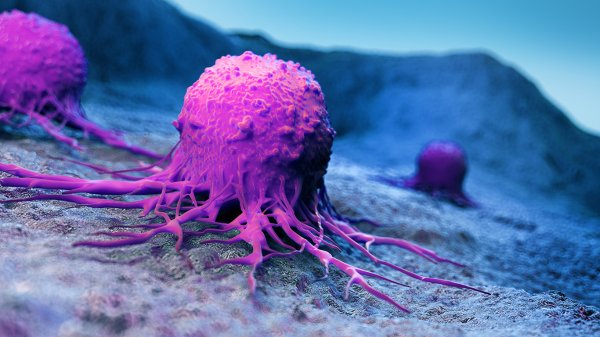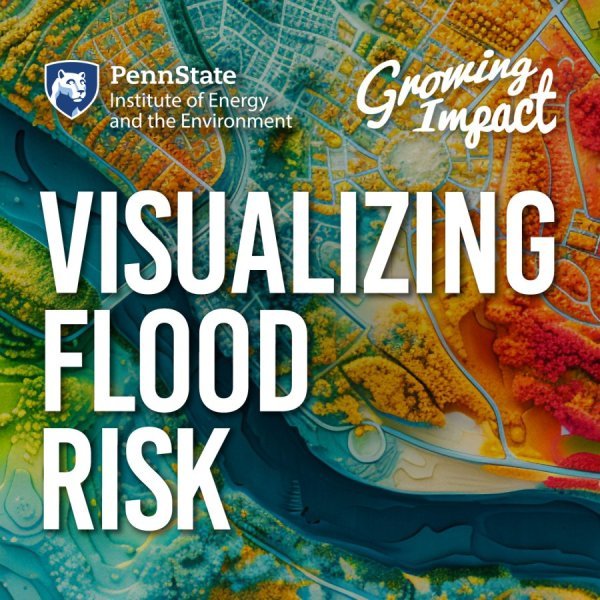A conversation with Multicultural Engineering Program Director Lauren Griggs
| onwardstate.com
"Making sure people's momentum continues to be present and evolve is what will help the STEM field be the best it can be."
Seminars to examine climate science, carbon emissions at Penn State
| psu.edu
The Earth System Science Center has announced the lineup for its fall 2020 Climate Dynamics seminar series. The series will focus on recent advances in climate science and plans for reducing greenhouse gas emissions at Penn State. The seminars, which are free and open to the public, take place from 11:15 a.m. to 12:30 p.m. on Wednesdays via Zoom.
Department of Architecture adds several new faculty members
| psu.edu
The Department of Architecture within the Penn State Stuckeman School is expanding with the addition of five new faculty members this fall.
Reducing transmission risk of livestock disease
| psu.edu
According to a new study, the risk of transmitting the livestock virus PPRV, which threatens 80% of the world’s sheep and goats, increases with certain husbandry practices, including attendance at seasonal grazing camps and the introduction of sheep and goats to the herd.
Merit-based NSF grant extension supports expansion of gene-editing technology
| psu.edu
Researchers who developed an improved method of gene editing for the study of arthropods will expand the technology for use in vertebrate species such as mice, fish and birds after receiving new funding from the National Science Foundation.
Cover crop roots are key to understanding ecosystem services
| psu.edu
To judge the overall effectiveness of cover crops and choose those offering the most ecosystem services, agricultural scientists must consider the plants’ roots as well as above-ground biomass, according to Penn State researchers who tested the characteristics of cover crop roots in three monocultures and one mixture.
Cover crop mixtures must be 'farm-tuned' to provide maximum ecosystem services
| psu.edu
Penn State researchers, in a recent study, were surprised to learn that they could take the exact same number of seeds from the same plants, put them in agricultural fields across the Mid-Atlantic region and get profoundly different stands of cover crops a few months later.
Researchers aim to create thriving agricultural systems in urbanizing landscapes
| psu.edu
A team led by Penn State College of Agricultural Sciences researchers is almost a year into a five-year study aimed at creating economically and environmentally sustainable agricultural systems in the face of development pressures and other challenges of urbanization.
Water-energy-food research event to explore US-Colombian partnership
| psu.edu
As part of Penn State's ongoing support of research in the water-energy-food (WEF) nexus, an online information session focused specifically on WEF nexus efforts in Colombia will be held on Aug. 6.
Carefully allocated heat allows 3D printing with different kinds of polymers
| science.psu.edu
Heat is an instigator, in many cases speeding up chemical reactions. It’s why food is stored at cold temperatures to keep fresh. In manufacturing settings where speed is key, heating things up can increase efficiency, but sometimes the application of heat is not precise enough and can encourage unwanted reactions.
Professor joins mechanical engineering to advance clean energy
| news.psu.edu
In August, Linxiao Zhu will join the Penn State Department of Mechanical Engineering as an assistant professor and the John J. and Jean M. Brennan Clean Energy Early Career Professor.
Custom nanoparticle regresses tumors when exposed to light
| news.psu.edu
A team of Penn State researchers is collaborating on a potential new method to treat cancer by delivering a unique nanoparticle to a localized cancerous area in mice and activating the treatment through light exposure.


